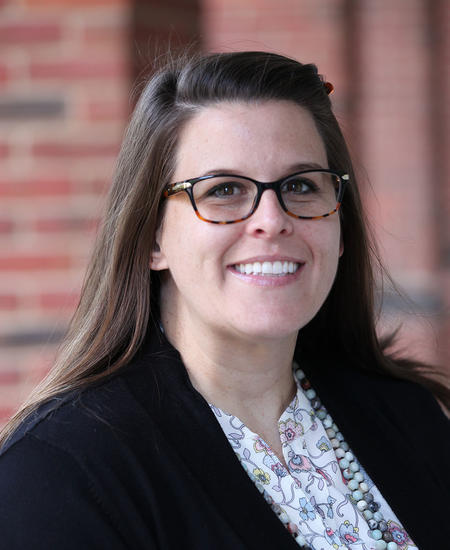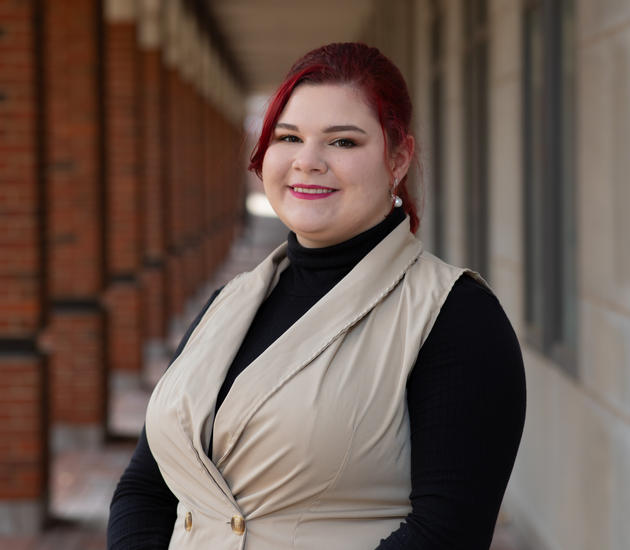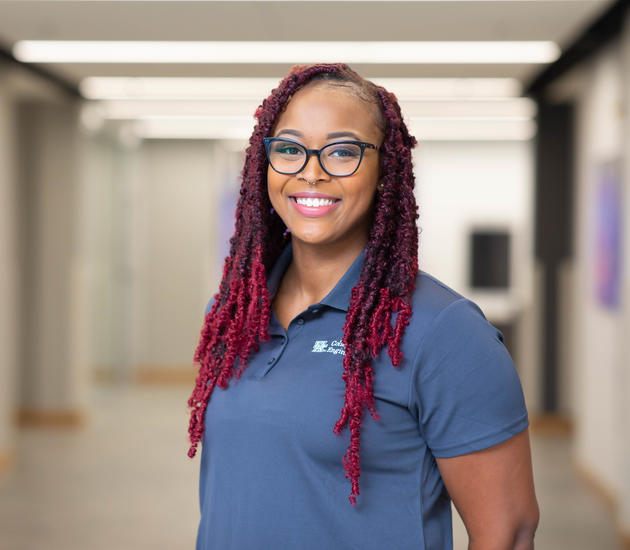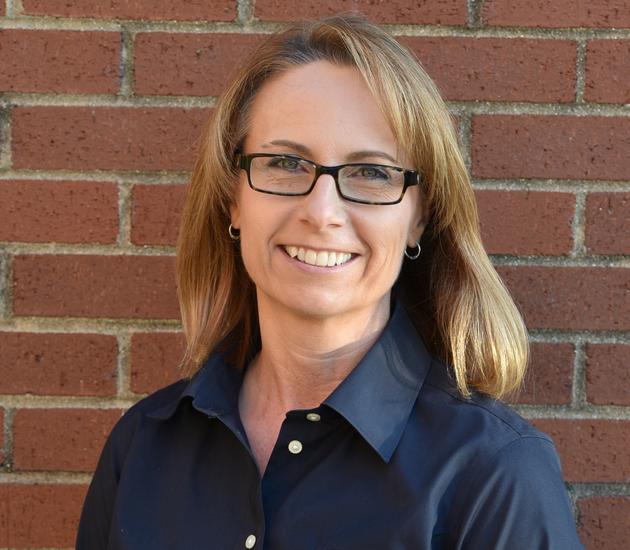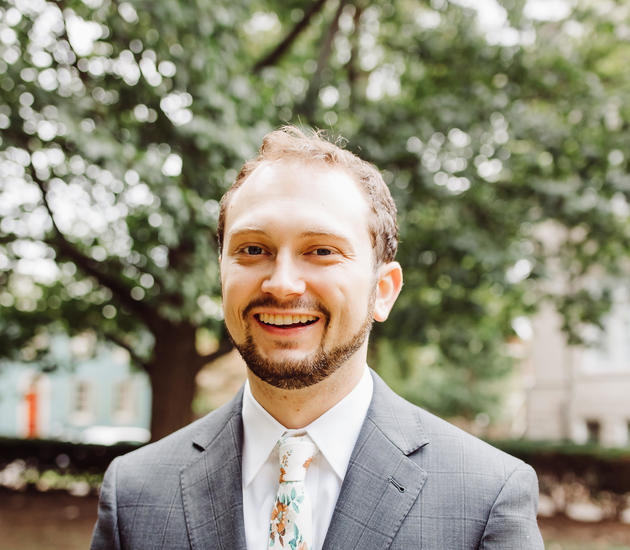By Kel Hahn
Jennifer Doerge, director of advising and engineering student services in the University of Kentucky College of Engineering, has a master’s degree in higher education and she’s completed her Ph.D. coursework in the same field. That’s a long way from her undergraduate studies in art history.
“For a long time I thought I was going to work in a museum as a curator,” she says, recalling her days at Centre College in Danville, Kentucky. “Now, I think I would have been miserable. It would have been too calm and quiet.”
Calm and quiet is what it’s not in the James and Gay Hardymon Center for Student Success where Jennifer and two other first-year student academic advisors, Diane Freeman and Lesley Brenner, have their offices. With a ratio of 275-1 first-year students per advisor, their hall sees a lot of traffic. While the number sounds absurdly high, Jennifer says it’s reasonable.
“NACADA, the global community for academic advising, mandates that advisors should have a ratio of 280 to 1. UK as a whole has really invested in advising, and Dean Buchheit and Associate Dean Anderson have made hires to support that ratio.”
Still, 275 first-year students offers a heavier load due to the unique challenges facing those embarking on their college journey.
“First-year students have changed over the years,” says Jennifer. “We're seeing a lot more transitional issues from high-school to college.”
For readers whose experience with academic advisors rarely moved beyond picking the next semester’s classes, let it be known that the academic advisor has been reinvented. Forget about churning folks through registration; according to Jennifer, advising is now “a much more holistic field.”
“We want to be students’ first point of contact, and that makes us have to wear different hats. We are friends, we are confidants, we’re shoulders of support. We make referrals to financial aid and the counseling center. We try to be that one-stop shop for students. We want to be the ones they feel comfortable with and their go-to person when they need help.”
And help is often needed. For students who rarely studied and still excelled in high school, UK’s engineering curriculum can be a rude awakening.
“Even though they've taken calculus, chemistry and physics, here we turn the dial up. They have to learn to apply themselves and manage their time well,” explains Jennifer. “We tell them that they have to have a burning in their belly to want to do engineering and be willing to put in the effort.”
That means showing resilience in the face of early setbacks. Jennifer says the advisors often talk about the “growth mindset” popularized by psychologist Carol Dweck in her book Mindset that is necessary to succeed in challenging field like engineering.
“Sometimes if a student gets a C on their first calculus exam, they will assume they can't get it. Instead of seeing a C as a failure, they need to see it as something from which they can grow. But getting that mindset changed is difficult.”
Obstacles notwithstanding, Jennifer is routinely impressed by the caliber of students entering the college.
“Quite a few of our students come with a lot already figured out,” she says. “They’ve known that this is what they want to do, and they have a pretty detailed plan for how they're going to do it. They hit the ground running, and do exceptionally well. To me, that’s pretty surprising for 18-year olds.”
Despite the advisors’ frequent encouragement for students to drop in whenever they want to, Jennifer says she and her colleagues go above and beyond to make contact with struggling students. Returning late-night emails enables panicking students to breathe a little easier. Advisors have even been known to intercept students at their classes when messages have gone unreturned
“They’ll say ‘I was embarrassed to come see you. I’d never gotten a D before,’” Jennifer says. “I tell them, ‘That's what we're here for. If you reach out, we can help you!’”
Even though Jennifer never intended to serve as an academic advisor, she wasn’t completely unaware of what the role entails. Her mother, Dr. Jane Riggs, advised engineering students until she retired in 2015. While filling her shoes is no easy feat, Jennifer sees tremendous value in what she and her colleagues do.
“Today, there is a lot more recognition of what academic advisors do. We hold some of the keys to student retention. After all, we’re the ones in the trenches, the ones most personally connected to the students.”
